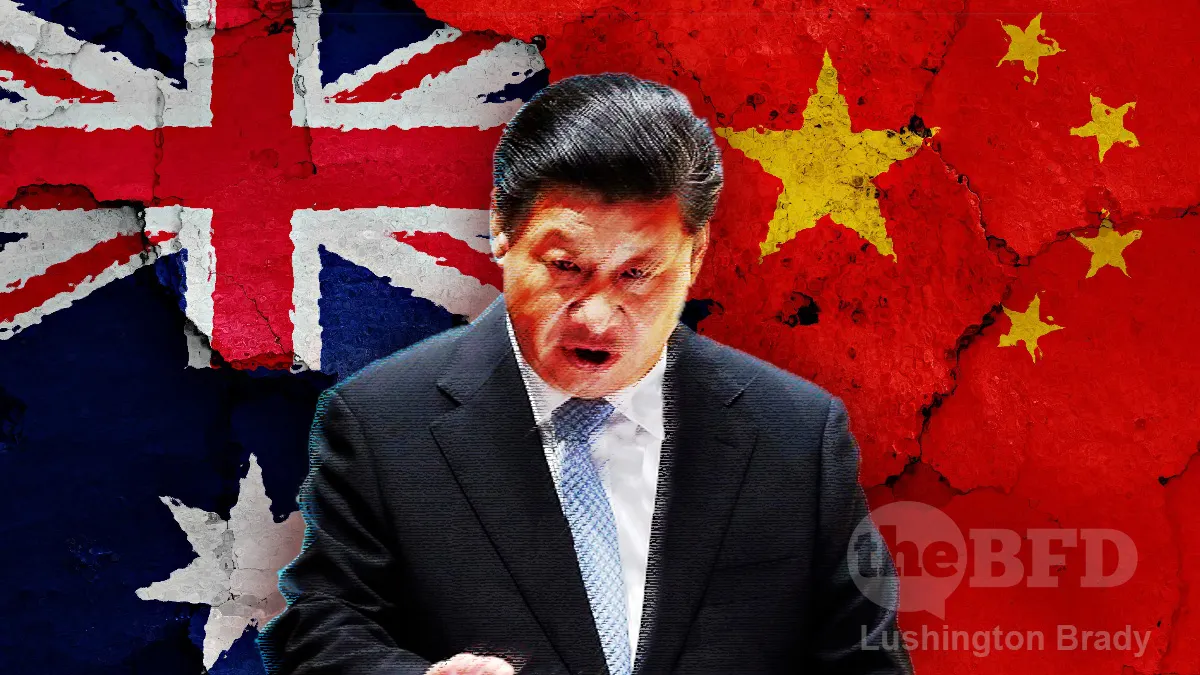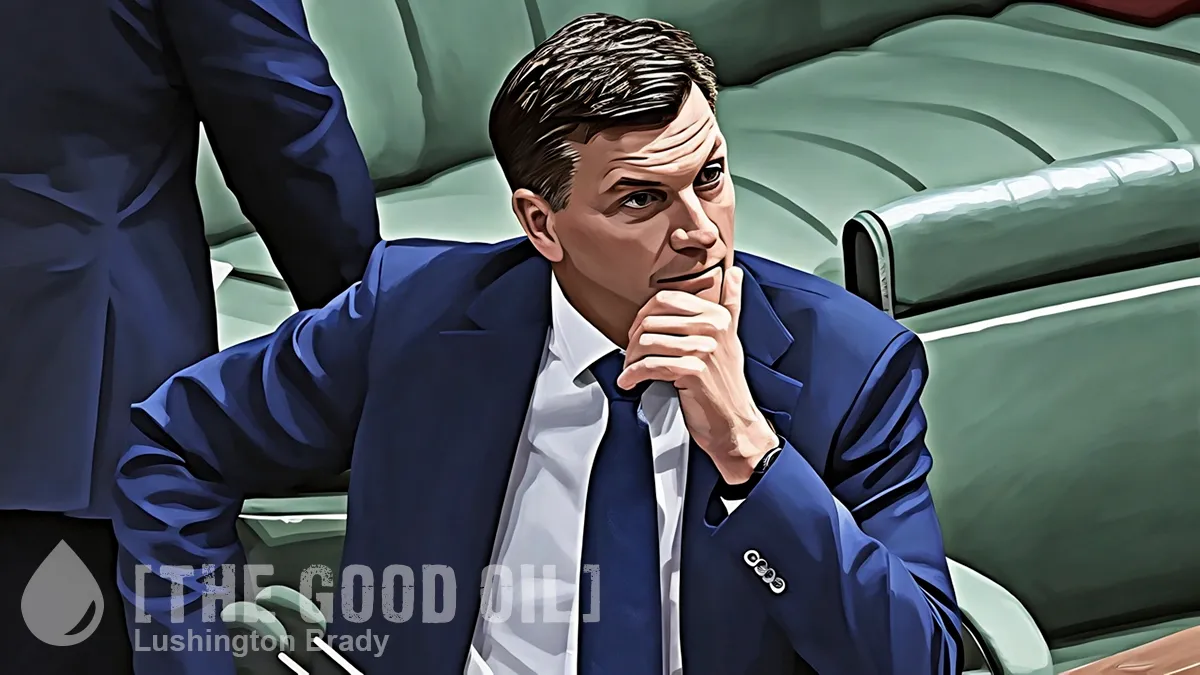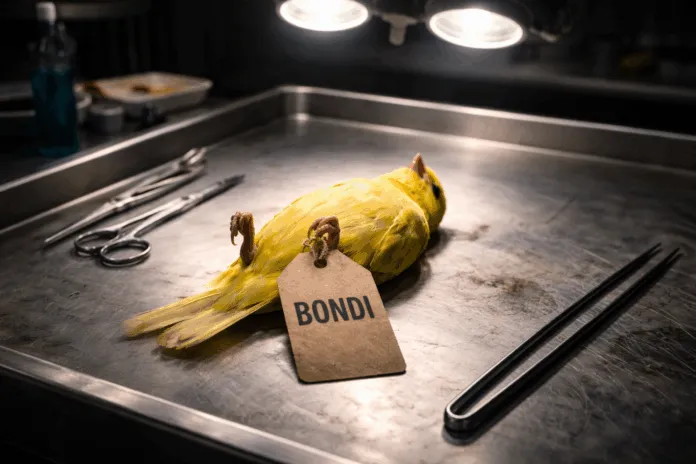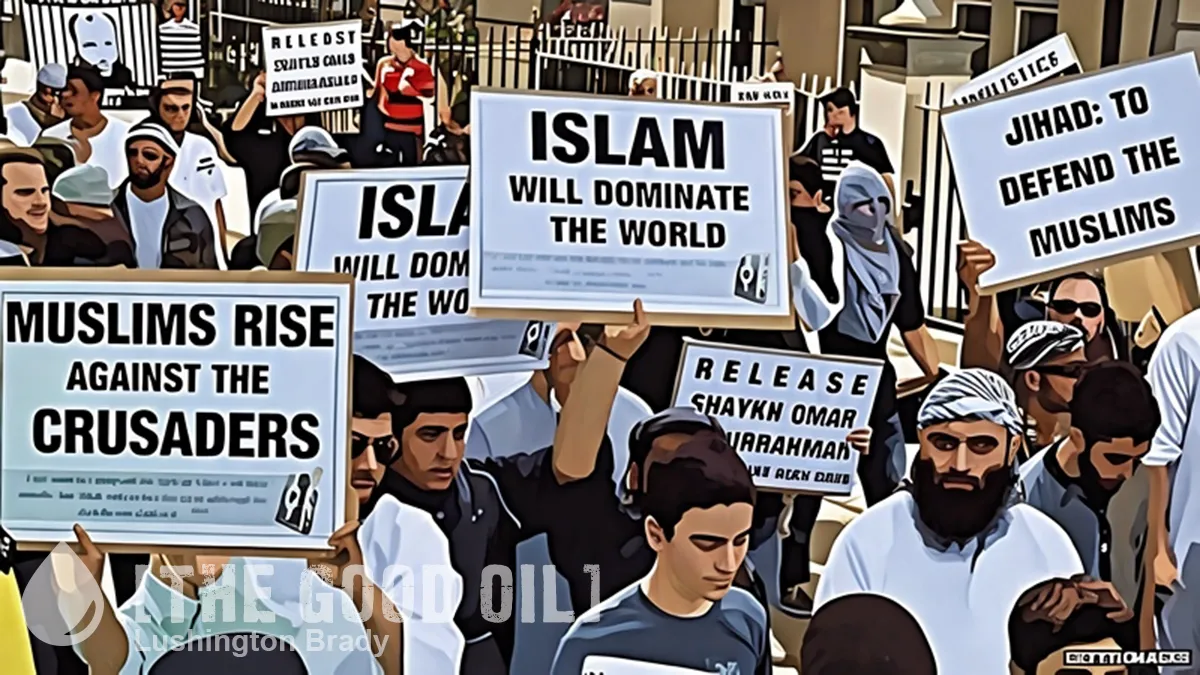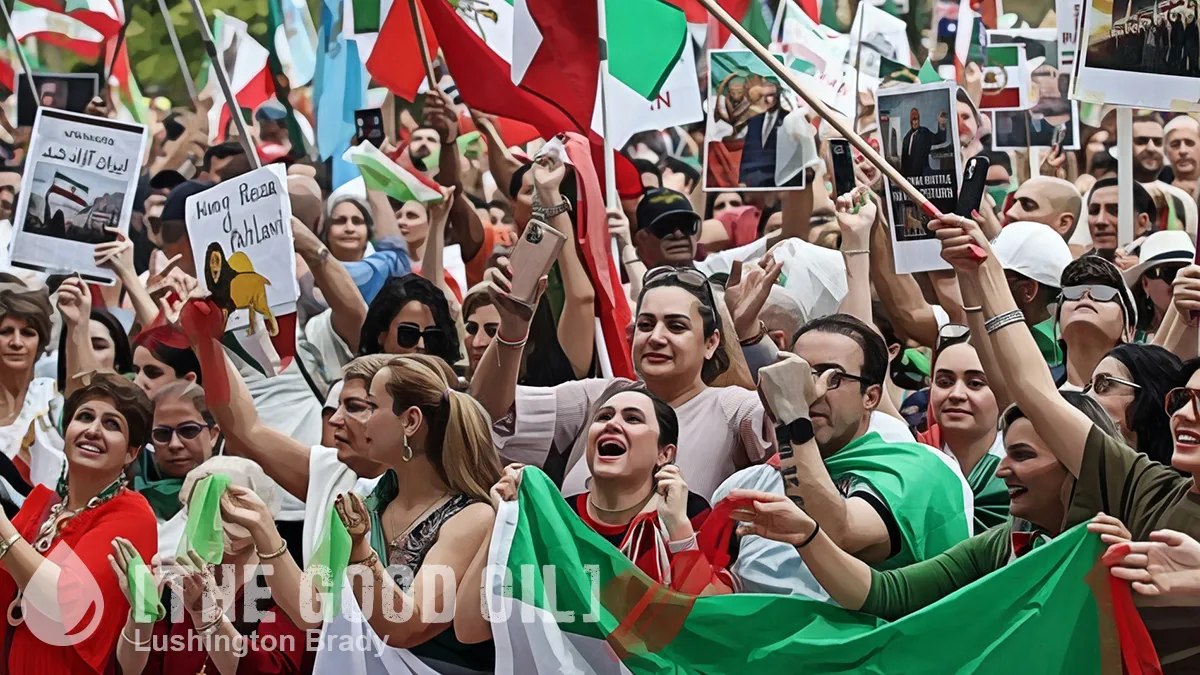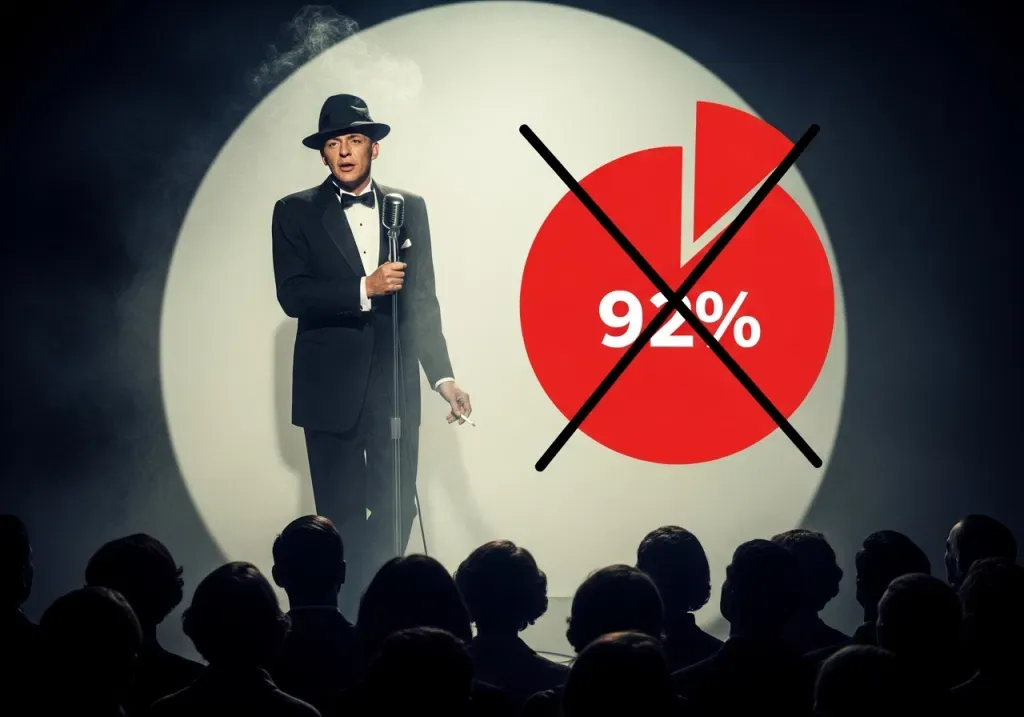Table of Contents
In international relations terms, Australia is strictly what would be called a “middle power”. We’re not among the elite movers and shakers of world events, but we are far from irrelevant.
In recent months, Australia has upped its ante from being a middle power to being what is called a “pivotal power”. A pivotal power is not a super, nor even a great power, but it is a significant power. What it does matters to global politics.
What has happened to make Australia a pivotal power? Our diplomatic and trade war with China.
Experts have been explaining over and over what Australia has done and the circumstances that turned this country into the global leader pushing back against the Chinese Communist Party’s interference.
Although China’s recent bullying of Australia has been grabbing headlines, Australia’s push-back against China pre-dates the Wuhan plague. Alarming revelations about the depth of Chinese infiltration of political, academic, business and social institutions pushed even the Turnbull government to act.
The responses have included outlawing foreign interference, banning Huawei from the 5G network, excluding Chinese investors from buying up critical infrastructure and working behind the scenes to shake institutions such as universities out of their cash-induced complacency.
The latter examples have so far been a case of two steps backward for every one forward. But the first steps at turning the tide have been made.
Today, Australia has become a model for other nations concerned about China’s influence. Some have introduced foreign interference legislation mirroring Australia’s.
And you better believe that China’s not happy.
During the past nine months, Beijing has subjected Australia to an escalating program of punishment, mainly by the use of economic coercion but also by a diplomatic freeze backed by a barrage of insults and threats emanating from the highest levels of the party in Beijing.
The Canberra embassy issued 14 demands we must satisfy if we wanted China to back off, including abolishing our foreign interference law, allowing Huawei into our 5G network, permitting unrestricted Chinese investment and limiting media criticism of the regime.
The internal pressure from Quisling political, academic and business figures is mounting. Whether it’s mining billionaire Twiggy Forrest (whose utter dependence on Chinese cash seems strangely at odds with his virtue-signalling about modern slavery) or China-besotted (and publicity-hungry) ex-politicians.
But the Morrison government must absolutely stick to its guns.
For Beijing, and for democracy, the geopolitical stakes could hardly be higher.
If Australia refuses to be intimidated, sticks to its position and takes the pain then Beijing must realise sooner or later that its campaign can’t succeed and grudgingly will resume normal relations with Australia.
That outcome would send a powerful message to the rest of the world: it’s possible for medium-sized nations to maintain their independence in the face of severe pressure from Beijing[…]
On the other hand, if Australia’s resolve weakens under pressure and we give way to Beijing’s demands then it would represent a stunning victory for the CCP’s tactic of bullying and economic retribution[…]
This would pave the way for China to rapidly become the dominant power in the world from where the CCP would spread its malign influence.
Make no mistake: this would be disastrous. It’s no real stretch to call communist China the Nazi Germany of the 21st century. This is still the regime, after all, which murdered up to 70 million of its own people. From genocide to global gangsterism, China is a monstrous threat to global freedom.
So the stance being taken by the government in Canberra has world historical significance.
In a rare good sign of ideological fortitude, “Scotty from Marketing” has surprisingly resisted the easy way out. The Morrison government has held firm against China’s bullying.
And Australian public opinion is white-hot.
Whether its fury at the selling of vital assets to Chinese interests or simply reading the labels on supermarket produce and putting “Made in China” back on the shelf, Australians seem rarely united.
Most Australians have been woken from their slumber and now see China as a serious threat to the democratic practices that for too long they had taken for granted.
With an election due at the end of this year or early next, the public must therefore watch both sides of politics closely for any signs of wavering. If our leaders go weak at the knees then the rest of the world is imperilled.
The Australian
Certain other Pacific leaders might grab the headlines of the left-media, but it is Australia and its “daggy dad” leader who really matter to the global political future in a way we rarely, if ever, have before in our history.
Please share this article so that others can discover The BFD

